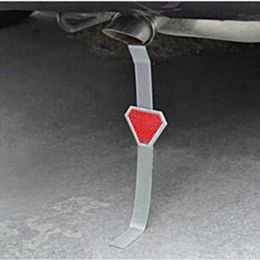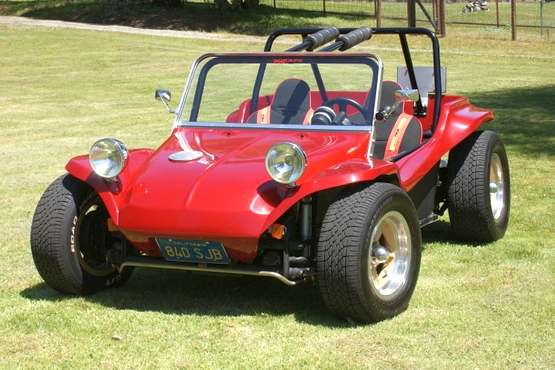Well, you found a problem.
Lack of a grounding connection does not explain the initial situation of an energised chassis.
A grounding conductor or not, chassis should never become energised. Grounding only renders it safe in the event it does become energised.
Lacking proper test instruments,
it would be interesting to see what happens if plugged into a correctly wired GFCI receptacle.
Camper shocking me.
29 posts
• Page 2 of 2 • 1, 2
Re: Camper shocking me.
In a trailer, I wouldn't advise using the frame as a ground (if that's what you're doing). You should run all +positive and -ground wires to everything DC, ESPECIALLY if you plan on adding AC(shore power/inverter) in the future where you will want to ground that. I don't recommend grounding both AC and DC to the trailer chassis/frame. Nightmares could ensue.
Also, this is sometimes just a case of static buildup which can occur in cars as well, especially in dry climates.
A simple fix is to keep the chassis grounded. Of course it never is, because rubber tires are not good conductors. You can however buy grounding straps for cheap.
They look like so:

Some have reflectors, some don't, some are black, etc. Some have pin inserts and some are just braided conductors. Just attach it to a bare part of the frame or axle and then paint over it (Where you attached it, not the whole thing!). This allows any static/electrical buildup to discharge into the ground and keeps you from getting shocked. And because it's not solid, it won't drag down the road when you're on the highway because the wind keeps it lifted off the ground and it only touches ground when you stop or when you're driving really slow.
Also, this is sometimes just a case of static buildup which can occur in cars as well, especially in dry climates.
A simple fix is to keep the chassis grounded. Of course it never is, because rubber tires are not good conductors. You can however buy grounding straps for cheap.
They look like so:

Some have reflectors, some don't, some are black, etc. Some have pin inserts and some are just braided conductors. Just attach it to a bare part of the frame or axle and then paint over it (Where you attached it, not the whole thing!). This allows any static/electrical buildup to discharge into the ground and keeps you from getting shocked. And because it's not solid, it won't drag down the road when you're on the highway because the wind keeps it lifted off the ground and it only touches ground when you stop or when you're driving really slow.
- Camp4Life
- Teardrop Master
- Posts: 223
- Images: 4
- Joined: Mon Aug 08, 2016 3:49 pm
- Location: Edmonton, Alberta, Canada



 I'm just throwing out some caution here, especially for anyone who isn't sure what they're doing. Using a common ground in 12v applications is partially a cost savings because you only need half the wiring, and it's less to wire up. If you've ever taken an RV apart, you'll see that pretty much every light, fan, etc runs post a positive and negative wire. AC grounding in an RV can go both ways though. I'm just all about safety and always taking the safest route...
I'm just throwing out some caution here, especially for anyone who isn't sure what they're doing. Using a common ground in 12v applications is partially a cost savings because you only need half the wiring, and it's less to wire up. If you've ever taken an RV apart, you'll see that pretty much every light, fan, etc runs post a positive and negative wire. AC grounding in an RV can go both ways though. I'm just all about safety and always taking the safest route...









